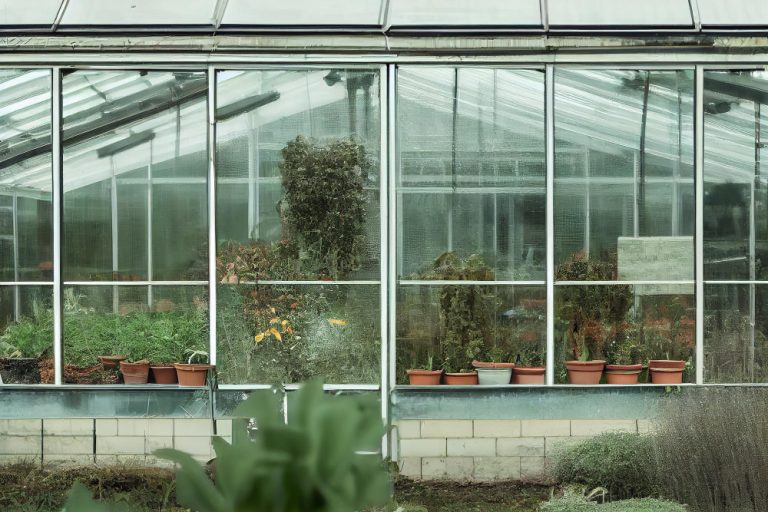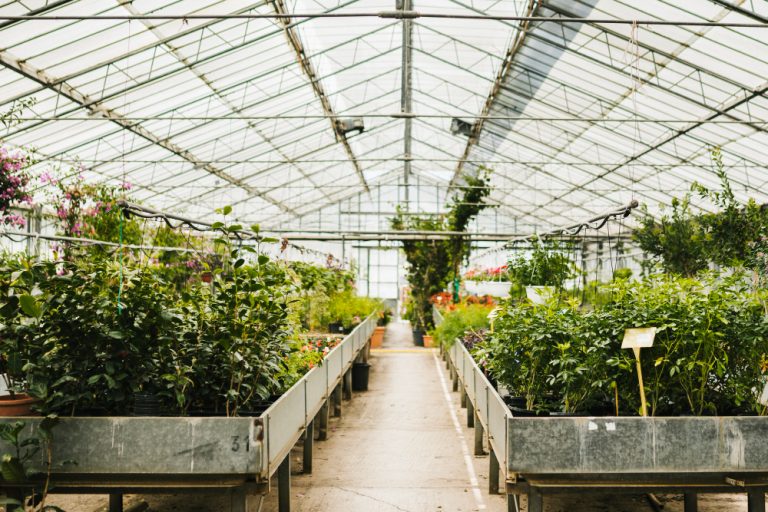
Yes,you can grow certain herbs in an unheated greenhouse during winter,but success depends on your climate,the specific herbs you choose,and how well you protect and care for them.In milder regions(e.g.,USDA zones 7 and above),it’s often straightforward with minimal intervention,while in colder areas(zones 5-6 or below),you’ll need extra insulation and frost protection to prevent damage from freezes.Tender annual herbs like basil or cilantro typically won’t survive without heat,but many hardy perennials and biennials can thrive or at least overwinter for early spring growth.Below,I’ll outline suitable herbs,key factors,and tips based on reliable gardening advice.
Suitable Herbs for an Unheated Winter Greenhouse
Focus on cold-tolerant,perennial,or biennial varieties that can handle near-freezing temperatures and reduced light.These often stay evergreen or semi-evergreen,allowing for limited harvesting even in winter:
Thyme:Highly hardy(zones 5-9);remains evergreen and can be harvested sparingly.Varieties like lemon or English thyme work well.
Rosemary:Hardy in zones 6/7-10;can survive in pots with protection.’Arp’is a cold-tolerant variety that may endure zone 6 winters.
Oregano(especially Greek):Zones 5-9;low-growing winter foliage can be protected for ongoing harvests.
Mint(including spearmint or peppermint):Very hardy(zones 3-8);invasive,so grow in pots.It can provide fresh leaves under cover.
Chives(regular or garlic):Zones 3-10;produces tender shoots from January onward in protected spaces.
Parsley(flat-leaf or curly):Biennial;hardy and can be harvested through winter with insulation.
Sage:Zones 5-9;evergreen and drought-tolerant,making it ideal for low-maintenance winter growing.
Other options:Lemon balm(zones 4-9),sorrel(zones 5-9),chervil,fennel,or savory can also work with similar care.
These herbs won’t grow vigorously in winter due to shorter days and cooler temps,but they can survive and provide fresh clippings.
Key Factors to Consider
Your Location and Climate:In areas with mild winters(e.g.,Pacific Northwest or southern U.S.),unheated greenhouses can maintain temps 5-10°F warmer than outside,often enough for herbs.
In harsher climates(e.g.,northern U.S.or Canada with lows below 0°F),plants may need additional safeguards,and growth will be minimal.
Greenhouse Type:Polycarbonate or double-layered plastic greenhouses retain heat better than single-pane glass.Ensure good ventilation to prevent mold from humidity.
Light Levels:Winter days are short,so place the greenhouse in full sun.Supplemental grow lights can help if natural light is insufficient.
Starting Point:Use established plants or perennials rather than seeds,as germination is slow in cold conditions.Dig up garden herbs in fall and pot them for the greenhouse.
Tips for Success Without Heating
Potting and Soil:Grow in containers with excellent drainage to prevent root rot.Use potting mix,and choose pots slightly larger than the root ball.Sink pots into the ground or mulch for insulation if possible.
Watering:Water sparingly—let the top inch of soil dry out.Overwatering in cold,humid conditions leads to fungal issues.Avoid wetting leaves.
Fertilizing:Skip it entirely during winter,as plants are dormant or slow-growing.
Frost Protection:During extreme cold,cover plants with frost cloths,burlap,or bubble wrap around pots.Add row covers or mini tunnels inside the greenhouse for extra layers.
Spacing and Airflow:Space plants farther apart to improve circulation and reduce disease risk.
Monitoring:Check for pests(e.g.,aphids)and ventilate on warmer days.If plants look dead,don’t discard them—many rebound in spring.
Transitioning:In spring,gradually harden off plants before moving them outside to avoid shock.
If your winters are very severe,consider a cold frame inside the greenhouse for added protection,or start with just a few hardy herbs to test.User experiences from colder regions show that even with lows of-10°F,herbs like rosemary and chives can survive if potted and sheltered.
For personalized advice,check your local extension service for zone-specific recommendations.




